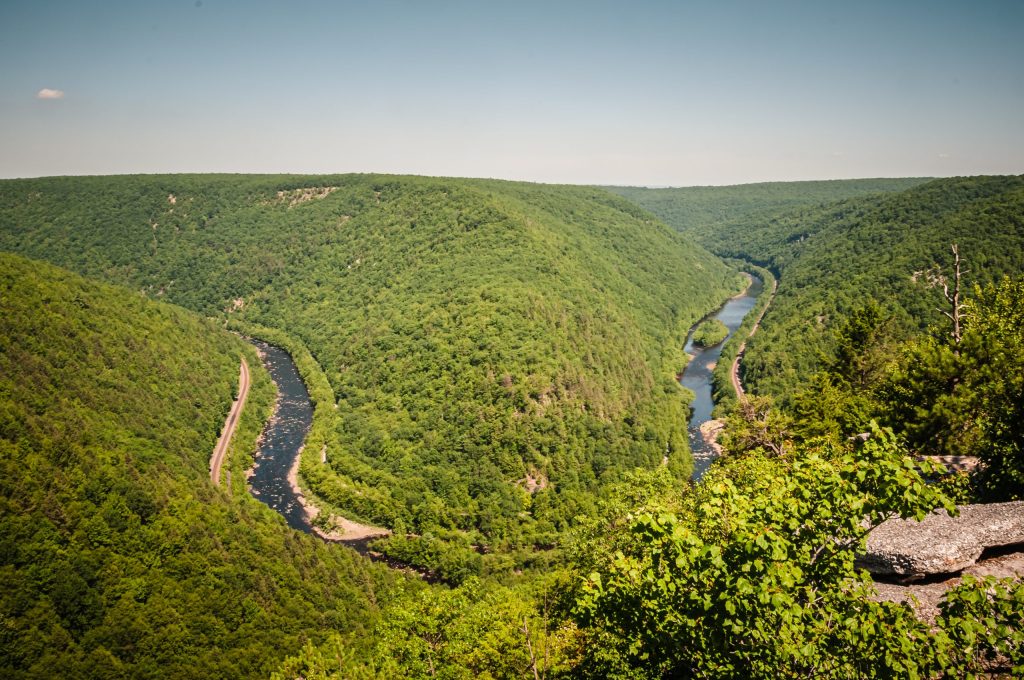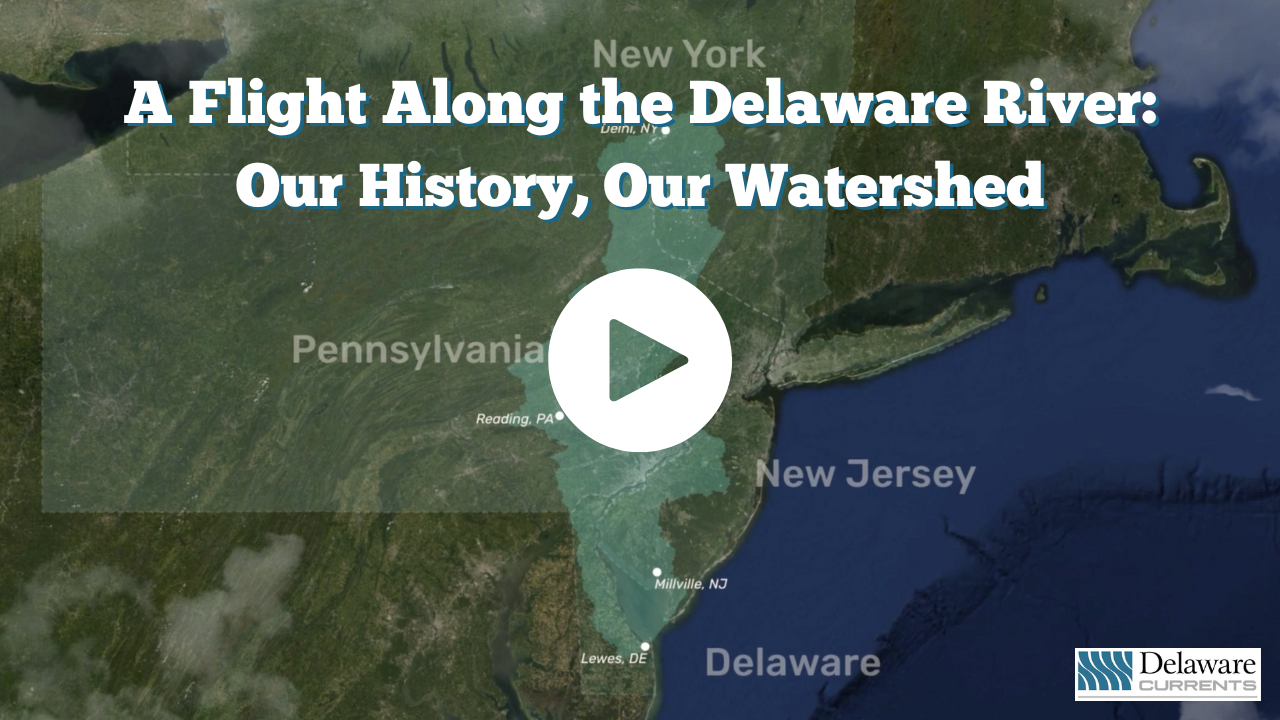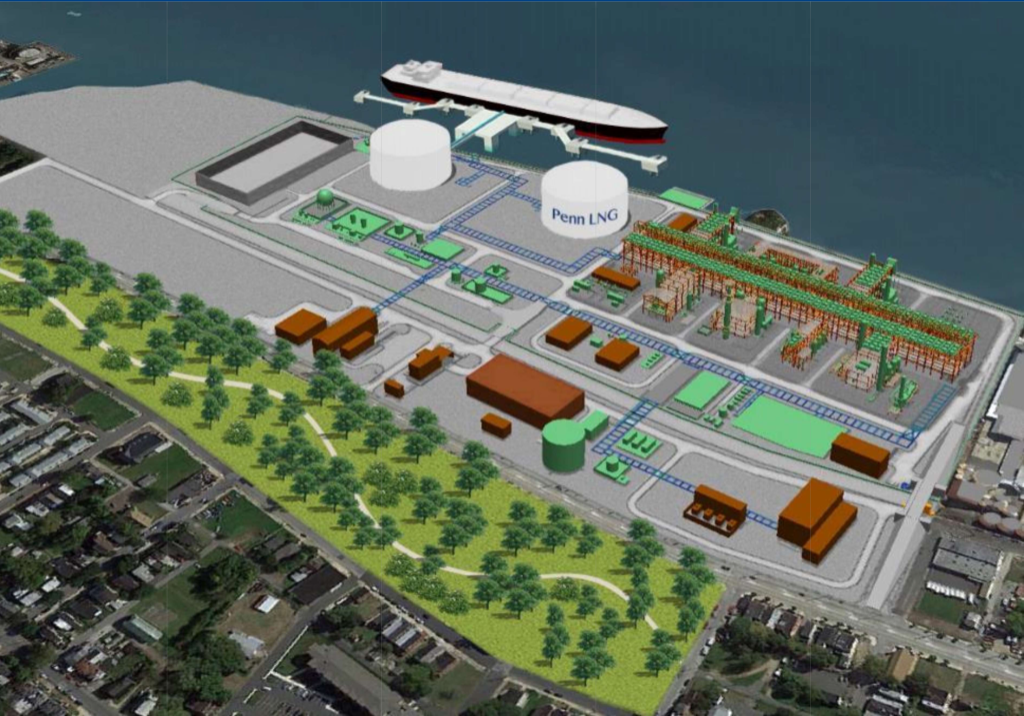
Guest Op-Ed: Threats to the Lehigh River grow while Pa. underfunds water protection measures
| June 21, 2023
The Lehigh River was the heart of the industrial revolution but paid for it. Over time, the water quality degraded from the logging, coal and steel industry use. Thankfully, it did not succumb and recovered to an extent. But today it faces new threats.
The warehouse and distribution center industry is the new robber baron. Land development increases area flooding and stormwater pollution runoff, made more extreme by drought and intense storms. These threats to water quality put our communities, our health and our quality of life at risk.
It’s time for our lawmakers to get to work addressing the quality and quantity of water in the region.
More than one-third of Pennsylvania’s creeks, streams, and rivers are so polluted that they’re designated as “impaired,” according to the Department of Environmental Protection’s 2022 Integrated Water Quality Report. For the Delaware River Basin, the assessment results concluded that 44 percent of its waterways are polluted.
This report should concern Lehigh Valley residents.
The Lehigh River is the second largest tributary of the Delaware River, and roughly 20 percent of the stream miles in its watershed are polluted. The primary source of degradation is stormwater runoff.
Poorly managed and overwhelming stormwater runoff from developed land increases the amount of soil and sediment found in our creeks, streams, and rivers. This sediment drives up the risk of flooding by filling storm drains, destroying habitat for important aquatic species like trout, and increasing the cost of treating drinking water.
Dirty water impacts the many ways we interact with water every day. And right now, Pennsylvania lawmakers are drafting our state budget, which determines how much our government invests in ensuring that all residents have access to clean water.
Over several decades, state agencies had their funding drastically cut, making it challenging to keep up with demands and responsibilities. Specifically, the DEP is understaffed, which leads to delays in the permitting process and compromises its ability to maintain state authority over its compliance and enforcement programs.
Similarly, lack of funding reduces the amount of technical assistance and funding for best management practices that the Department of Agriculture can provide farmers. The Department of Conservation and Natural Resources also has a $1.4 billion infrastructure backlog of hundreds of repair and improvement projects, including roads, trails, stormwater management, and water resources.
Additionally, the Delaware River Basin Commission (DRBC) is woefully underfunded in part because Pennsylvania is not honoring the compact it signed in 1988. It has not paid its full, fair share of funding for the DRBC for nearly a decade. This agency is responsible for managing the quality and flow of water throughout the Delaware River Basin, including tributaries like the Lehigh River. Underfunding the DRBC is a disservice to all that reside in the Basin, including those that live in the Lehigh Valley.
Last year, clean water advocates across the state won a significant victory in Pennsylvania’s initial investment in the Clean Water Fund. Unfortunately, a permanent funding source was not established, and the scale of water pollution in Pennsylvania means that a one-time injection of funds will not be sufficient to address the major sources of pollution across the state and in the Lehigh Valley.
We must recognize that poor water quality, limited access to water-based recreation, and flooding disproportionately impact low-income communities and communities of color.
Here in the Lehigh Valley, we see that manifested as Allentown residents worry about their car floating away during a severe rain event, anglers on the Monocacy Creek see degradation of precious trout habitat, and residents left with vital infrastructure damage from floods.
We need our legislators to put the Office of Environmental Justice into law. The communities that are so often ignored must receive meaningful opportunities to participate in the decision-making process. They deserve to enjoy the benefits of improved water quality — not suffer the harms of dirty water.
PennFuture calls on the Legislature to place the protection of water quality front and center through increased investments in clean water within the budget. Pennsylvania needs increased funding for the state agencies that work directly on protecting and improving water quality, a fully funded Delaware River Basin Commission, which manages water flow and water quality, create a sustainable source of funding for the Clean Streams Fund, and codify the Office of Environmental Justice so that all communities share in the benefits of protected, healthy waterways.
These waterways are the central feature of many of our Lehigh Valley communities and are a primary source of a higher quality of life for residents. Now is the time to invest in clean water. With more than 50 new legislators, a new governor, and a reasonable surplus of funds, there is no time to waste.
Donna Kohut is PennFuture’s campaign manager for the Delaware River Basin. PennFuture is a nonprofit environmental advocacy organization.



![DC_Image [Image 4_Assunpink Meets Delaware] meets Delaware The Assunpink Creek on its its way to meet the Delaware River. The creek passes through woods, industrial and commercial areas and spots both sparkling and filled with litter.](https://delawarecurrents.org/wp-content/uploads/bb-plugin/cache/DC_Image-4_Assunpink-meets-Delaware-1024x768-landscape-14f069364113da5e8c145e04c9f2367c-.jpg)



